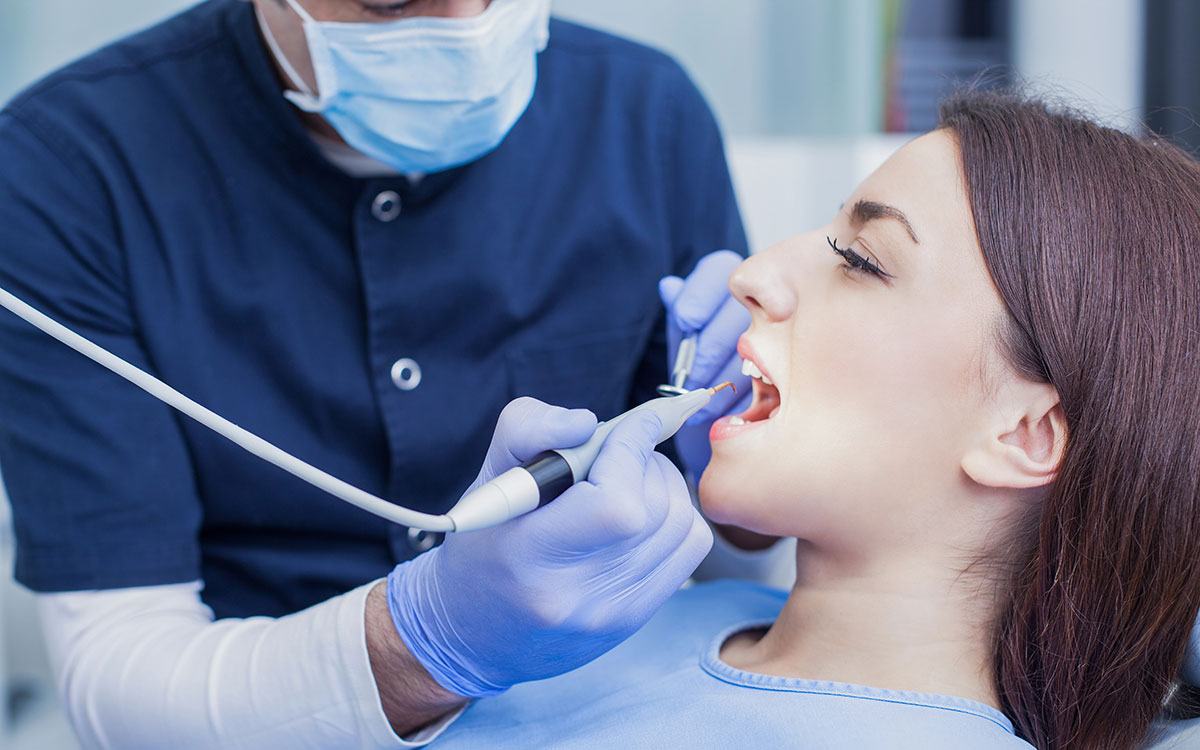Dental implants are a favorable choice for multiple reasons. First, they match the beauty and function of natural teeth. Additionally, they do not require removal every day since they are a permanent solution.
You may be wondering just how long dental implants last. This is a common concern for people with dental implants or contemplating getting dental implants. The longevity of dental implants is an important factor to consider before getting the implants.
Below you will find helpful tips proven to extend the life of dental implants. But first, the answer to how long dental implants can and should last.
How Long Do Dental Implants Last?
Studies show that dental implants can last a lifetime. With proper care, dental implants can go for decades without damage. Most people get dental implants in their late years, hence why they last a ‘lifetime.’
People have worn dental implants for 20 to 30 years without needing replacements or repairs. You can make your dental implants last this long and even longer. However, you need to take care of them properly.
Luckily, we have the best tips for extending the life of your dental implants.
What Affects Dental Implant Lifespan?
Multiple factors affect dental implant lifespans. Most are individual lifestyle choices such as smoking, drinking, and poor oral hygiene. They reduce the lifespan of dental implants.
Another common factor that affects dental implant lifespan is genetics. Unfortunately, some diseases run in the family and put you at risk of complications. For example, gum infections are notoriously genetic and affect the lifespan of your dental implants.
Other health conditions such as infections and bone loss also affect the lifespan of your dental implants.
Tips To Increase The Longevity Of Your Dental Implants
1. Choose a qualified dentist.
If you don’t have dental implants yet, go through a careful vetting process to find a good and qualified dentist for the procedure. A general dentist can often install dental implants if you do not need additional treatments.
However, a periodontist is a dentist who specializes in dental implants. Therefore, it is best to search for a qualified periodontist for your dental implant procedure. The success of dental implant installation affects their lifespan.
A good place to start is with online reviews. You can also ask friends and family for recommendations. Ensure that the practice is adequately certified and that the periodontist has handled procedures like yours.
2. Take it easy during recovery.
If you have had dental implant surgery, your mouth will feel sensitive and sore for a few days. Most surgeries require 4 to 6 months for complete healing. It is best to take it easy and let your mouth be during this time.
If you experience soreness and irritation, do not pick at your gums or teeth. Instead, only do what the dentist recommends to deal with soreness and sensitivity. And do not focus too much on the different sensations you feel.
Finally, do not try to rush your recovery. Do not eat or drink anything out of the recommended diet unless the dentist says it’s okay. Your implants need time before you can use them as you would your natural teeth. Putting them to the test will not help you recover or adapt quicker.
3. Practice proper oral hygiene.
Proper oral hygiene is an important factor in increasing your implants’ lifespan. Treat your dental implants like you would your natural teeth. You need to clean them regularly to make them less susceptible to dental diseases.
Therefore, brush and floss your teeth twice a day. You can also use a mouthwash if your dentist permits it.
Additionally, you need to keep the affected area clean to prevent infections. Follow the instructions your dentist gives to keep the area clean. The most common involve rinsing with warm salty water multiple times a day and removing food particles from the implant site.
4. Be mindful of your diet.
Your diet affects the health and strength of natural teeth. Similarly, it impacts the lifespan of your dental implants. Therefore, you need to be more mindful of what you eat and drink after your surgery.
Only eat what the dentist recommends during your recovery. Avoid hard to chew foods such as candy and ice. They make your dental implants wear faster. Additionally, acidic foods and drinks will affect their lifespan, so avoid them.
Avoid sugary foods because they promote the formation of plaque. Instead, eat more vegetables and fruits. And finally, drink more water.
5. Examine and change your lifestyle.
Some lifestyle factors significantly affect your oral health. For starters smoking stains your teeth and increases the risk of bacterial infections. It will affect the healing process. Additionally, it will reduce your implants’ lifespan.
Smoking reduces blood flow to the mouth, making it harder for your gums to heal after the surgery. It also reduces saliva production by damaging the salivary glands. A dry mouth makes you more susceptible to gum disease that significantly affects dental implants.
Also, avoid drinking alcohol and energy drinks. These beverages are acidic and can cause dry mouth leading to gum disease and dental implant failure. Keep consumption to a minimum and rinse your mouth with water after every drink.
6. Go for regular oral checkups.
And finally, you need to keep up with regular dental checkups. Like natural teeth, your implants will need regular assessment from an expert. Firstly, dental checkups ensure that your implants heal with no complications.
Additionally, a dentist will assess your oral health and point out areas to improve. You will receive expert advice on how to care for your implants better. Plus, you can get ahead of infections before they occur.
Dental checkups finally clear your mouth of tartar and plaque. This increases the lifespan of your implants.
All About Smile Dental Group is ideal for getting your dental implants. We have trained periodontists to conduct your dental implant surgery and guide you into a full complication-free recovery. Visit us today or call our helpline to learn more about dental implants and other services we offer.







